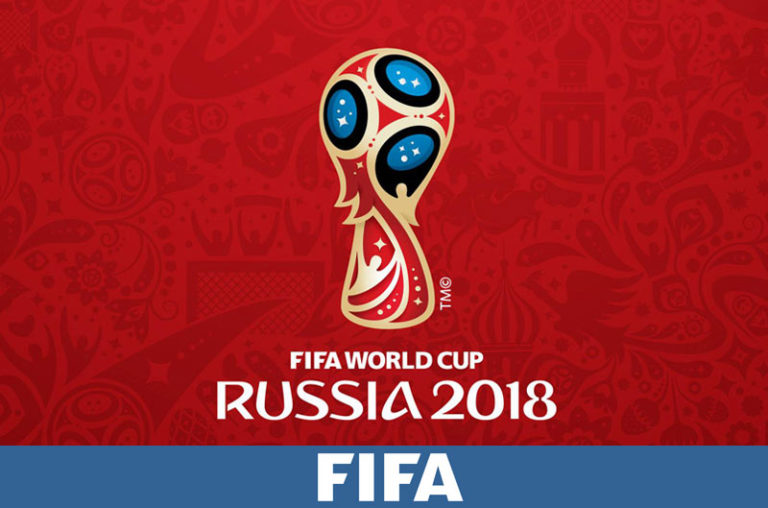Marketers are willing to play Russian Roulette at the FIFA World Cup this summer
From a succession of corruption scandals to a host nation embroiled in human rights controversies, this year’s FIFA World Cup could potentially be an own goal for brands – but that doesn’t mean they shouldn’t participate, writes Adam Hodge.
In less than 100 days, the world’s biggest sporting event kicks off in Russia.

Reaching over 3.2 billion television viewers, the quadrennial FIFA World Cup has consistently held off the Olympic Games and Tour De France as the most watched live sporting event on the planet.
So it’s no surprise that since its very inception in 1930 (hosted and won by Uruguay for trivia buffs), it’s been a property of keen interest to brands around the globe.


This is the shallowest article I’ve read on this site in a long long time.
“Issues such as hooliganism, the choice to host the 2022 games in Qatar – a country with an even more worrying record than Russia – and prima donna players, plus racism and homophobia have dogged the FIFA brand for decades”
I don’t even know here to begin with this….